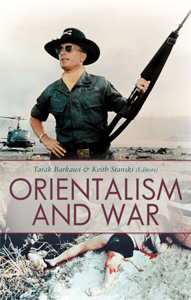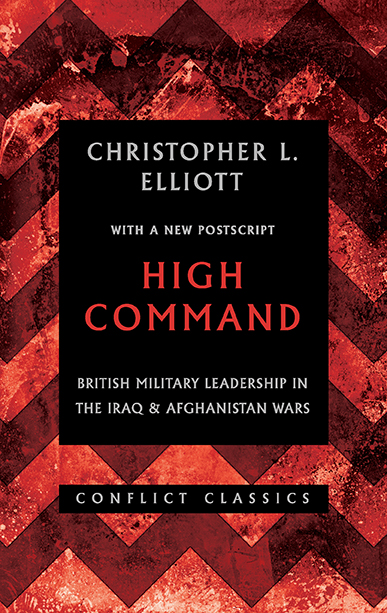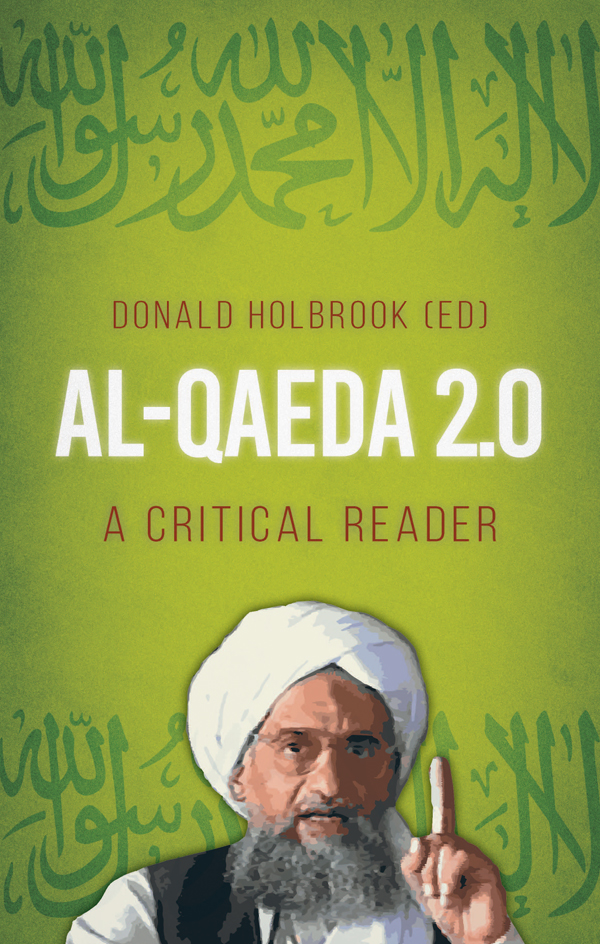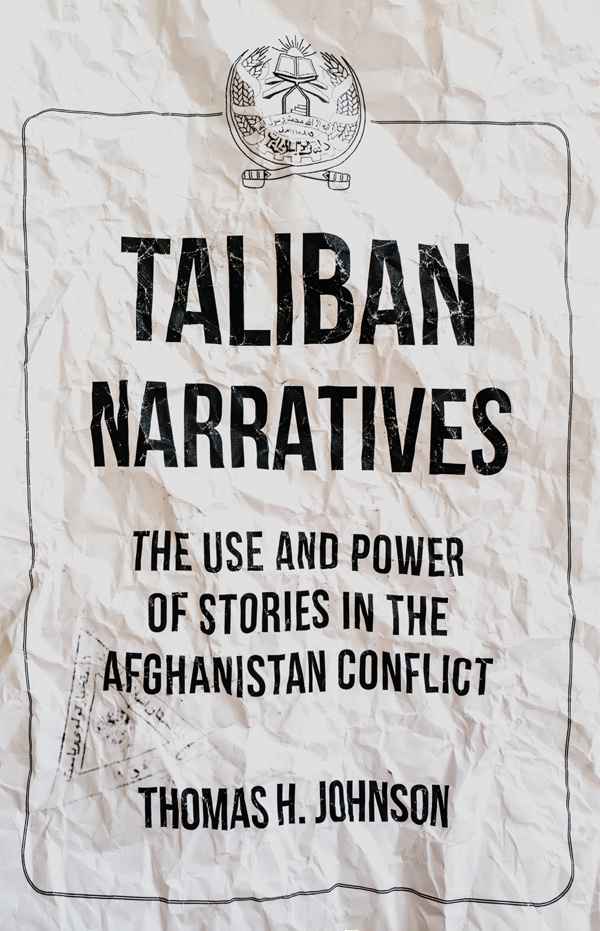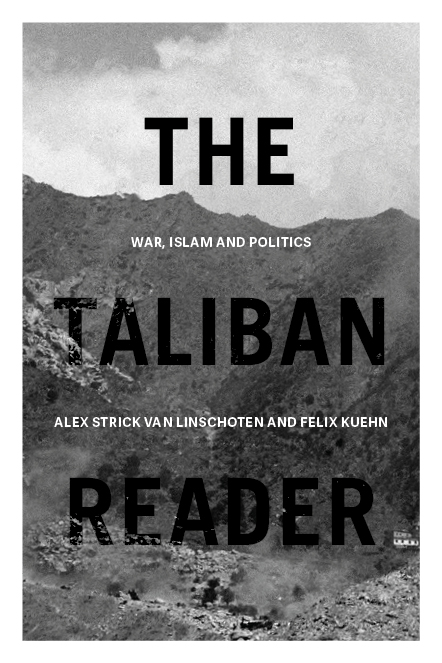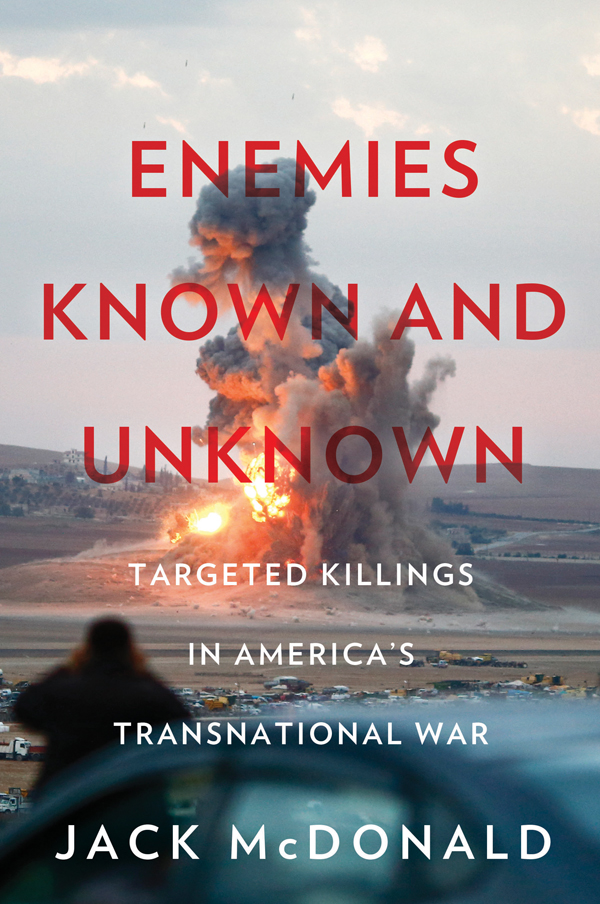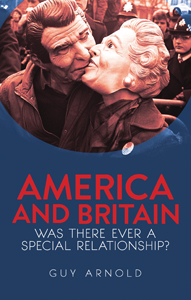Orientalism and War
‘A wonderful and very serious contribution to the literature on war. Its engagement with Orientalism is thought-provoking and original.’ — Dr Laleh Khalili, Senior Lecturer in Politics of the Middle East and Research Tutor, School of Oriental and African Studies, University of London
Description
Orientalism is a system of truths that imagines the world can be meaningfully understood in terms of a distinction between ‘West’ and ‘East’ from the Greek and Persian Wars onwards. It is also about an institutionalised community of experts who represent with authority this world of East and West, as for example in media and policy discussions of the Islamic sources of terrorism.
The papers in this volume, which include chapters by Bruce Cumings, Susan Jeffords, and John Mowitt among others, explore three dimensions of the relations between Orientalism and war. The first concerns the representations of ‘Self’ and ‘Other’ that mark the participation of Orientalism in war and which, for example, suffuse media coverage of the War on Terror. Second are the ways in which war is productive of Orientalisms. It is in and through violent conflict that various Western and Eastern identities are defined and come to be taken for granted. The third is about the inverse relation: how Orientalisms amount to acts of war. By redefining politics and identities in such a way as to require a West that brings order to an unstable, violent East, Orientalism is productive of war. Patrick Porter closes the volume in an afterword about the themes explored in these papers and questions for further reflection.
Table of contents
1. Introduction
Tarak Barkawi and Keith Stanski
PART 1: REPRESENTATIONS OF SELF AND OTHER
2. Shocked by War: The Non-Politics in Orientalism
Arjun Chowdhury
3. American Orientalism at War in Korea and the United States: A Hegemony of Racism, Repression and Amnesia
Bruce Cummings
4. Terror, the Imperial Presidency, and American Heroism
Susan Jeffords
5. Can the Insurgent Speak?
Hugh Gusterson
6. Colonial Wars, Postcolonial Specters: The Anxiety of Domination
Quynh N. Pham and Himadeep R. Muppidi
PART 2: WAR AS ORIENTALISM
7. Orientalism in the Machine
Josef Teboho Ansorge
8. Dis/Ordering the Orient: Scopic Regimes and Modern War
Derek Gregory
9. Nesting Orientalism at War: World War II and the ‘Memory War’ in Eastern Europe
Maria Mälksoo
10. Victimhood as Agency: Afghan Women’s Memoirs
Margaret A. Mills
PART 3: ORIENTALISM AS WAR
11. Fanon’s ‘guerre de ondes’: Resisting the Call of Orientalism
John Mowitt
12. The Pleasures of Imperialism and the Pink Elephant: Torture, Sex, Orientalism
Patricia Owens
13. Afterword
Patrick Porter
Reviews
‘Tracing the enduring power of Orientalist frames, these essays explore how contemporary wars are still saturated with old assumptions about race, reason and civilisation across the world. Unsettling and disturbing, they are a sobering corrective to the belief that we are inexorably moving beyond the global War on Terror towards post-racial and post-colonial modes of thought.’ — Gerard Toal, Professor of Government and International Affairs, Virginia Tech, North Capital Region
‘Through scholarly and lively examinations of diverse sites, from the Indian Mutiny of 1857 and Napoleon’s occupation of Egypt to the current War on Terror, this volume unravels the multifaceted and often disturbing ways in which the violence of words and war go hand in hand. This is an essential and timely intervention into our understanding of conflict, empire, and the making of truths.’ — Julian Go, Associate Professor of Sociology, Boston University.
‘When a book comes along that examines what should be obvious yet is utterly under-thought, you have to read it and teach it. This is such a book. It forces us to consider how war is unthinkable without Orientalism, and how Orientalism is unthinkable without war.’ — Cynthia Weber, Professor of International Relations, University of Sussex
‘Orientalism has a history in which projections of superiority and inferiority, fear and desire, repulsion and envy reach extremes that only war can resolve. From Herodotus to Petraeus, Orientalism and war have been cultural bedfellows. Assembling a diversity of views and keenness of inquiry rarely found in a single volume, Tarak Barkawi and Keith Stanski have revitalised the concept of Orientalism to bring a nuanced and complex understanding of how culture has become the killer variable of modern warfare.’ — James Der Derian, Professor of International Studies (Research), Brown University
‘A wonderful and very serious contribution to the literature on war. Its engagement with Orientalism is wonderful, thought-provoking and original.’ — Dr Laleh Khalili, Senior Lecturer in Politics of the Middle East and Research Tutor, School of Oriental and African Studies, University of London
‘This book’s thesis is that war produces Orientalist identities and in turn Orientalist identities produce war…it will no doubt challenge the views of many. The excellent academic and historical context…make the book a thought-provoking read’ — John Alexander, Asian Affairs
Editor(s)

Tarak Barkawi is a senior lecturer at the Centre of International Studies, University of Cambridge. He specialises in the study of war, armed forces and society with a focus on conflict between the West and the global South. Tarak Barkawi is a senior lecturer at the Centre of International Studies, University of Cambridge. He specialises in the study of war, armed forces and society with a focus on conflict between the West and the global South. With Shane Brighton, he is co-editor of the Critical War Studies series.

Keith Stanski is a PhD Candidate in Politics and International Relations at the University of Oxford. He is a Visiting Scholar with the Afghanistan Regional Project at New York University’s Center on International Cooperation.
